Renewable Diesel
What Is Renewable Diesel?
Renewable diesel is a clean-burning alternative to traditional diesel fuel, derived from renewable resources like waste materials. Unlike fossil diesel, it significantly reduces carbon emissions and air pollutants, making it a promising eco-friendly fuel option.
Our Production Process
The production of renewable diesel involves converting waste materials into fuel through processes like gasification, hydrotreating and hydrogenation. Common feedstocks include MSW, agricultural residues, used cooking oil, and animal fats, which are transformed into a sustainable and efficient energy source.
Methanol is an important primary chemical product, used as a chemical feedstock for the production of a range of important industrial chemicals, primarily acetic acid, formaldehyde, methyl methacrylate and methyl tertiary-butyl ether (MTBE).
Methanol is also used directly as a fuel or in fuel blends (e.g. M85 consisting of 85% methanol and 15% petrol). As fuel, methanol can be used to fire rapid-start utility peak-shaving combustion turbines; to substitute for a or blend with petrol to power vehicles; to be converted to petrol via the methanol-to-gasoline (MTG) process; or to be converted to dimethyl ether (DME) to power diesel engines.
Applications
Renewable diesel boasts a versatile range of applications, spanning transportation, industrial usage, and heating. Case studies and success stories demonstrate how organisations across various sectors are adopting this sustainable fuel source.
Discover What Is Possible And How We Make A Difference With Your Country's Solid Waste...

